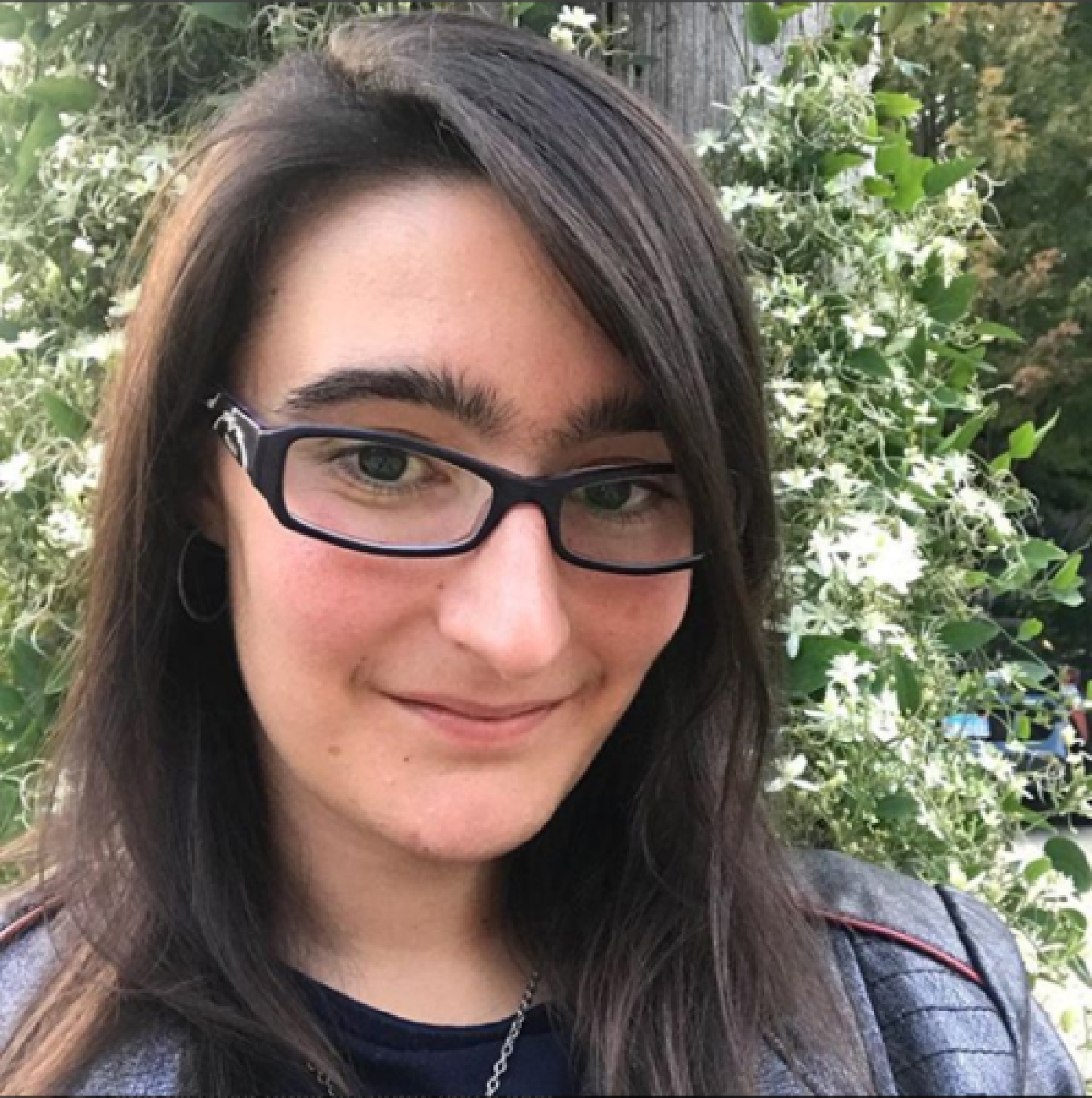
by Michele Kirichanskaya | Jul 17, 2024 | Blog
Kelly Andrew lost her hearing when she was four years old and she’s been dreaming up stories in the silence ever since. Andrew lives in New England with her husband and their two daughters (and a very grouchy Boston Terrier). She has a BSW, but received her Masters in...

by Michele Kirichanskaya | Jul 20, 2023 | Blog
Amanda Leduc is a writer and disability rights advocate. She is the author of THE CENTAUR’S WIFE (Random House Canada, 2021), DISFIGURED: ON FAIRY TALES, DISABILITY, AND MAKING SPACE (Coach House Books, 2020), and THE MIRACLES OF ORDINARY MEN (ECW Press, 2013). Her...

by Michele Kirichanskaya | Jun 28, 2023 | Blog
Ivelisse Housman is the Puerto Rican-American author of UNSEELIE, a young adult fantasy novel published by Inkyard Press. Her work is inspired by her intersecting identities as a biracial autistic woman. She lives in the Blue Ridge Mountains with her high school...

by Michele Kirichanskaya | Aug 30, 2021 | Blog
Suzanne Walker is a Chicago-based writer and editor. She is co-creator of the Hugo-nominated graphic novel Mooncakes (2019, Lion Forge/Oni Press). Her short fiction has been published in Clarkesworld and Uncanny Magazine, and she has published nonfiction articles with...





